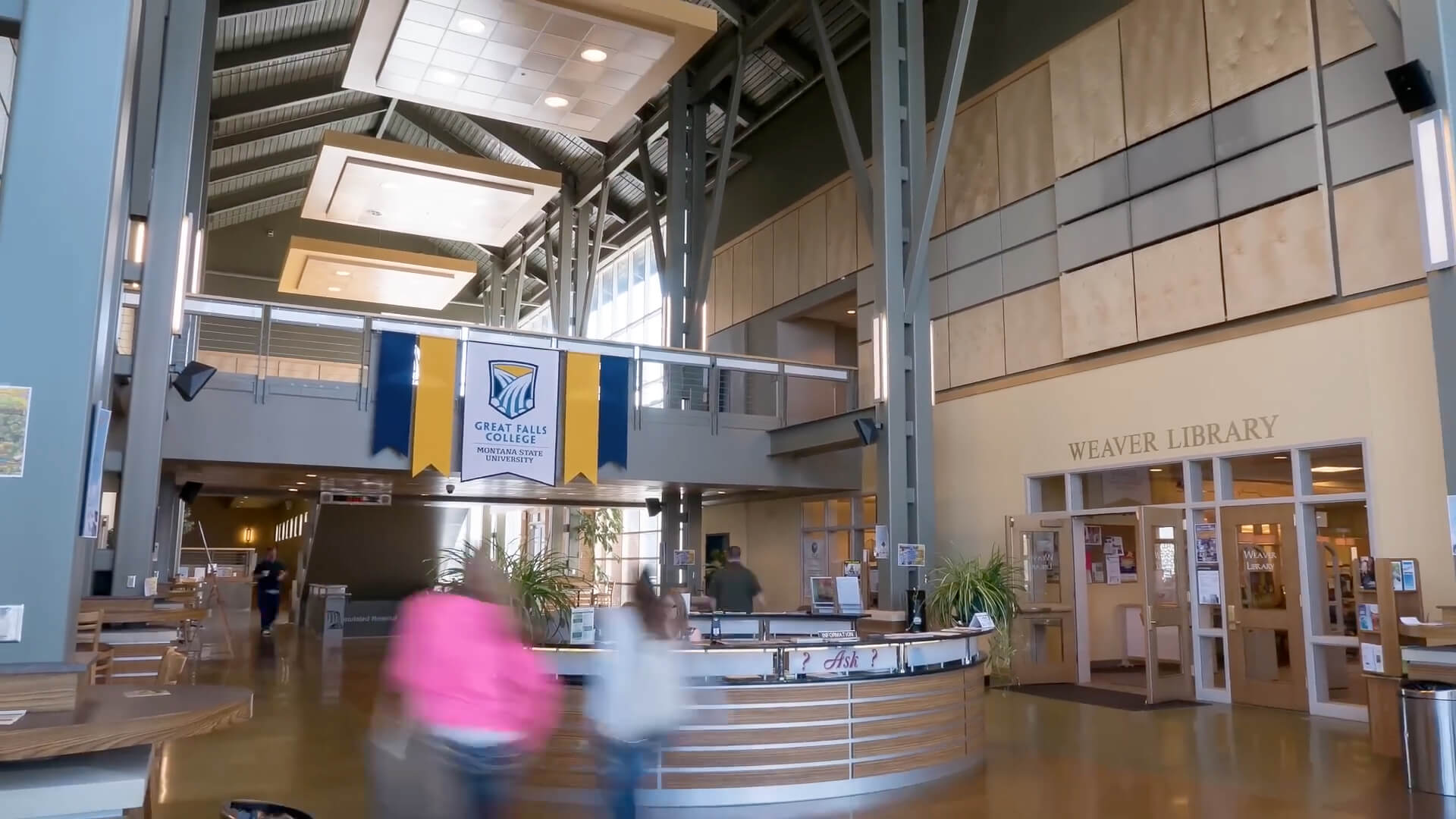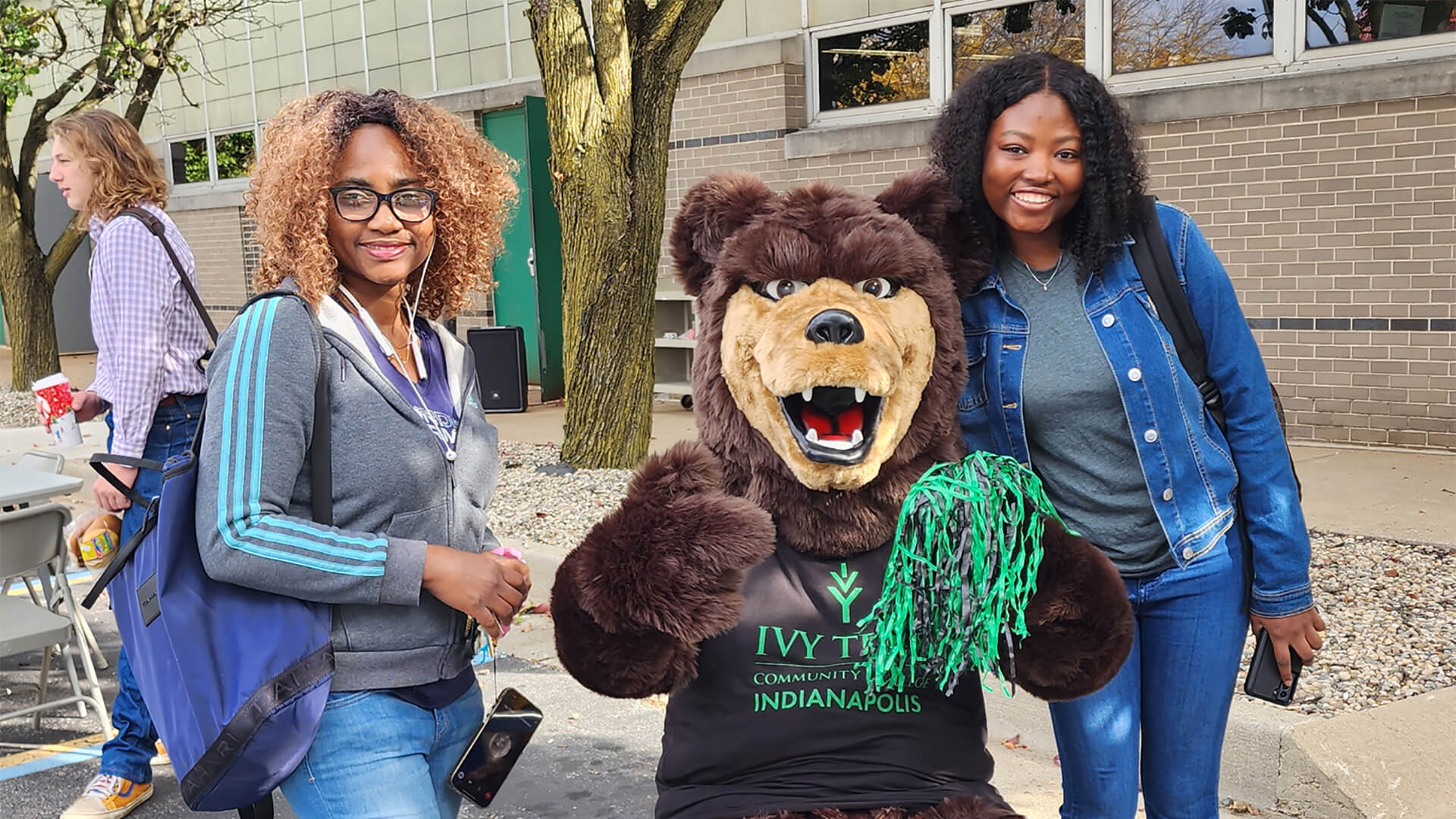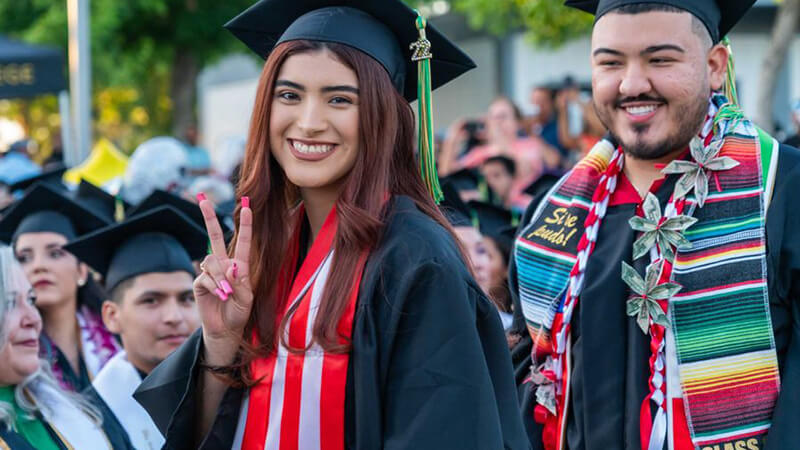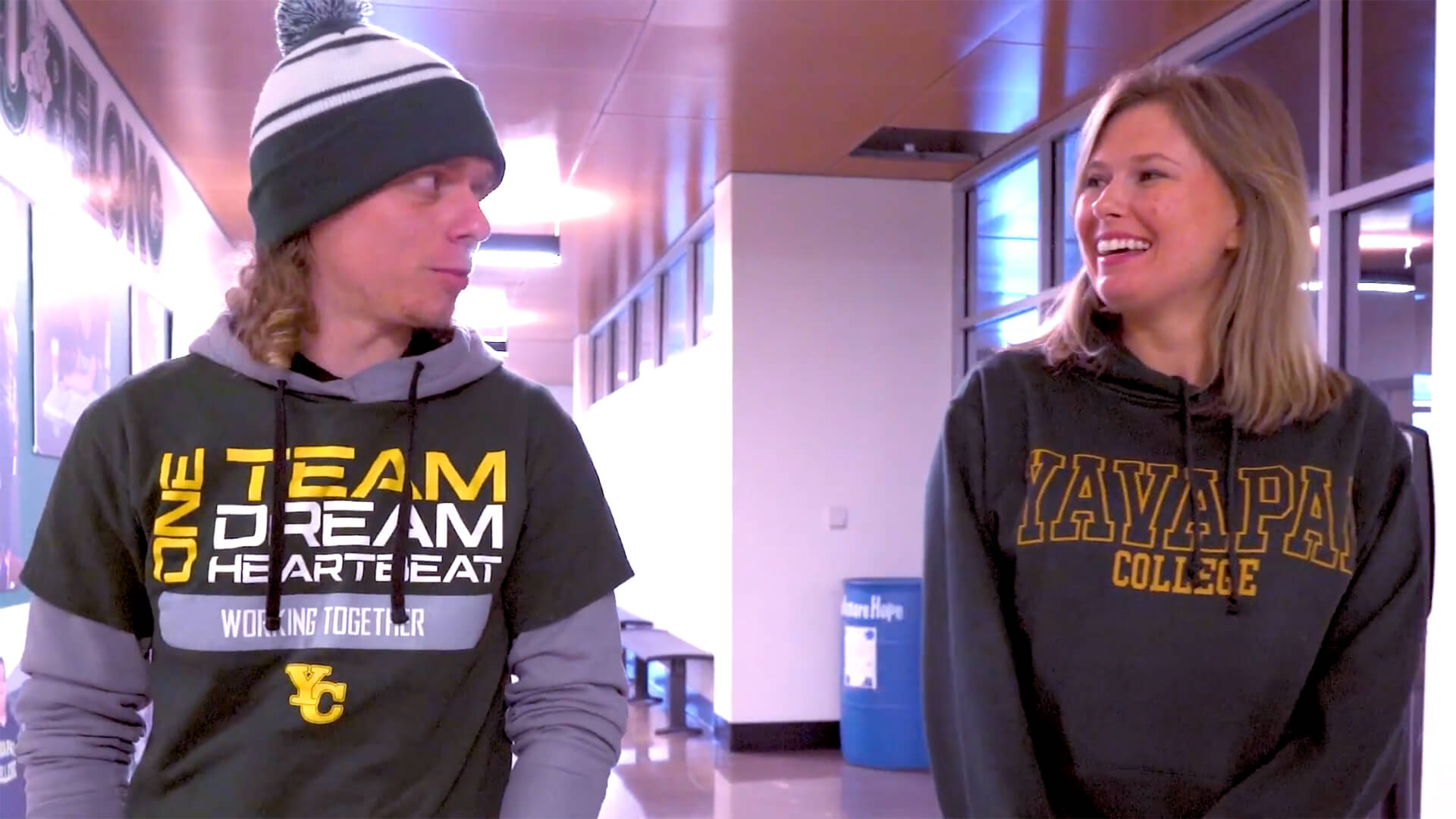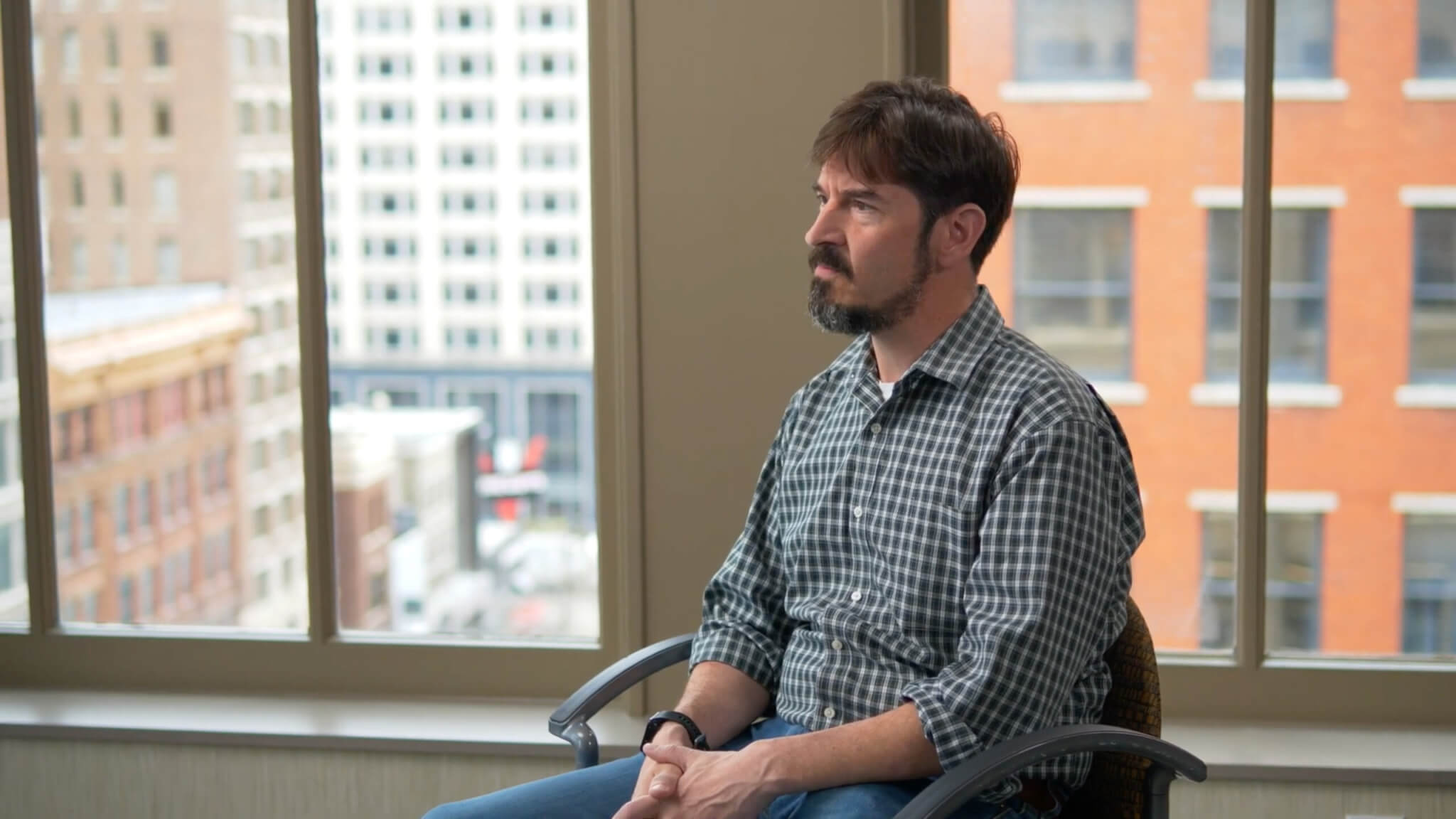Community Colleges
Community colleges enroll 41 percent of all U.S. undergraduates, but too many people are unfamiliar with these locally rooted workforce training and education organizations and what they offer. While colleges and universities featuring bachelor’s programs have been engaged in a brand positioning race for years, community colleges have not had the resources to launch sophisticated brand-building or marketing efforts that make vital campus-to-community connections.
Lumina Foundation believes community colleges are a central part of higher education and essential to ensuring that 60 percent of Americans earn credentials of value after high school, whether associate degrees, college certificates, or industry-recognized certifications. That is why we promote brand-building and marketing efforts at America’s community colleges through Community College Insights.
Community colleges, also known as two-year colleges, provide accessible and affordable education to students who might not have the means or academic backgrounds to attend four-year colleges or universities. These institutions offer a wide range of programs and services designed to support students in achieving their educational goals. Community colleges typically have open-admissions policies, which means they accept all students with a high school diploma or equivalent. This makes them accessible to adults and students with lower GPAs or who did not take advanced coursework in high school.
Community colleges charge lower tuition than four-year colleges and universities, making them an affordable option for students who want to finish general education requirements or gain technical skills before transferring to earn bachelor’s degrees. Community colleges also offer career and technical education, including nursing, welding, computer science, and the culinary arts. These programs provide students with skills and training to enter high-demand fields. These colleges offer support services to help students succeed, such as academic advising, career counseling, income-based financial aid, and tutoring.
Community colleges disproportionately educate and train adults of color, people from low-income families, immigrants, and first-generation college students. They are poorly resourced relative to four-year colleges and universities.

